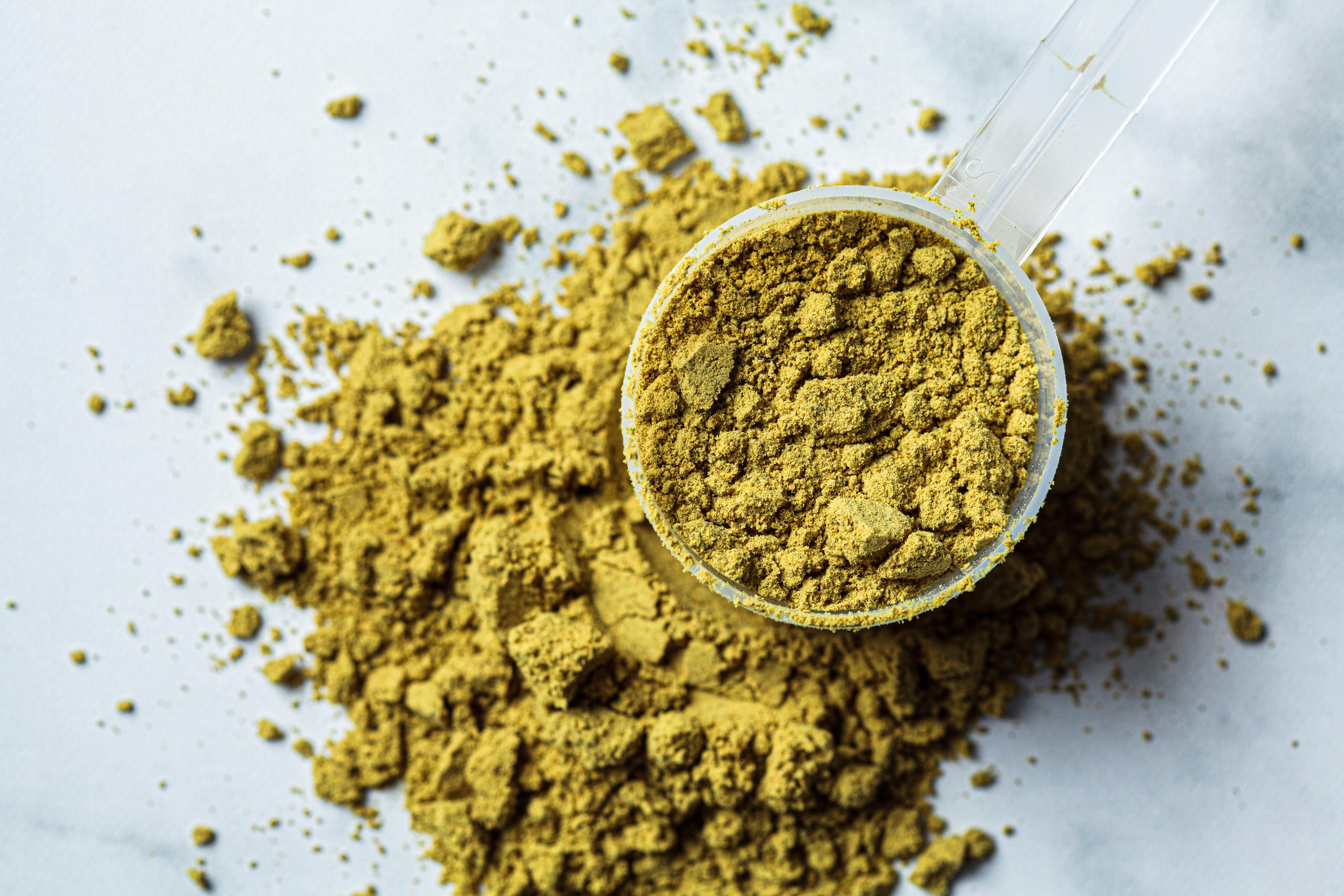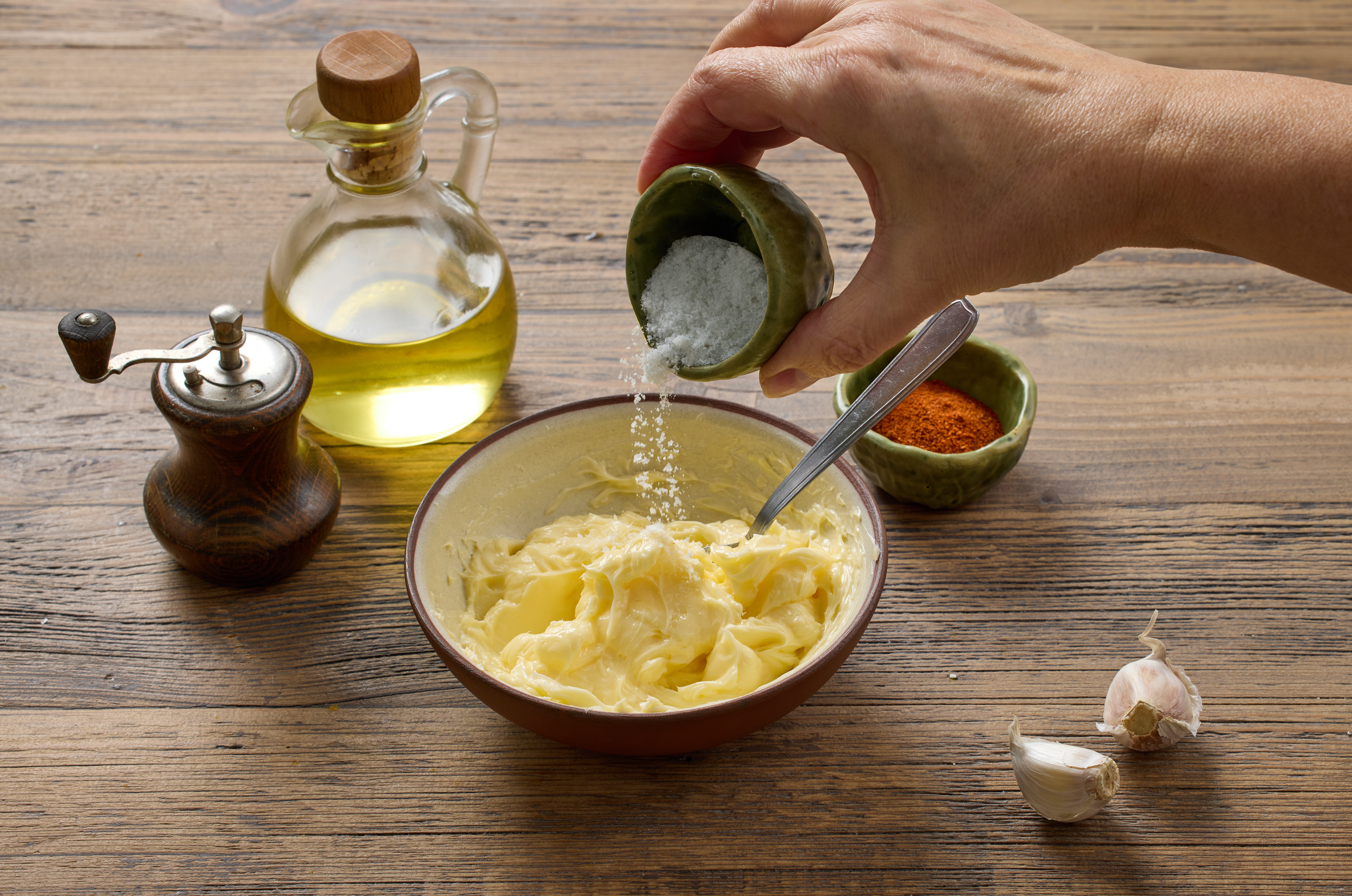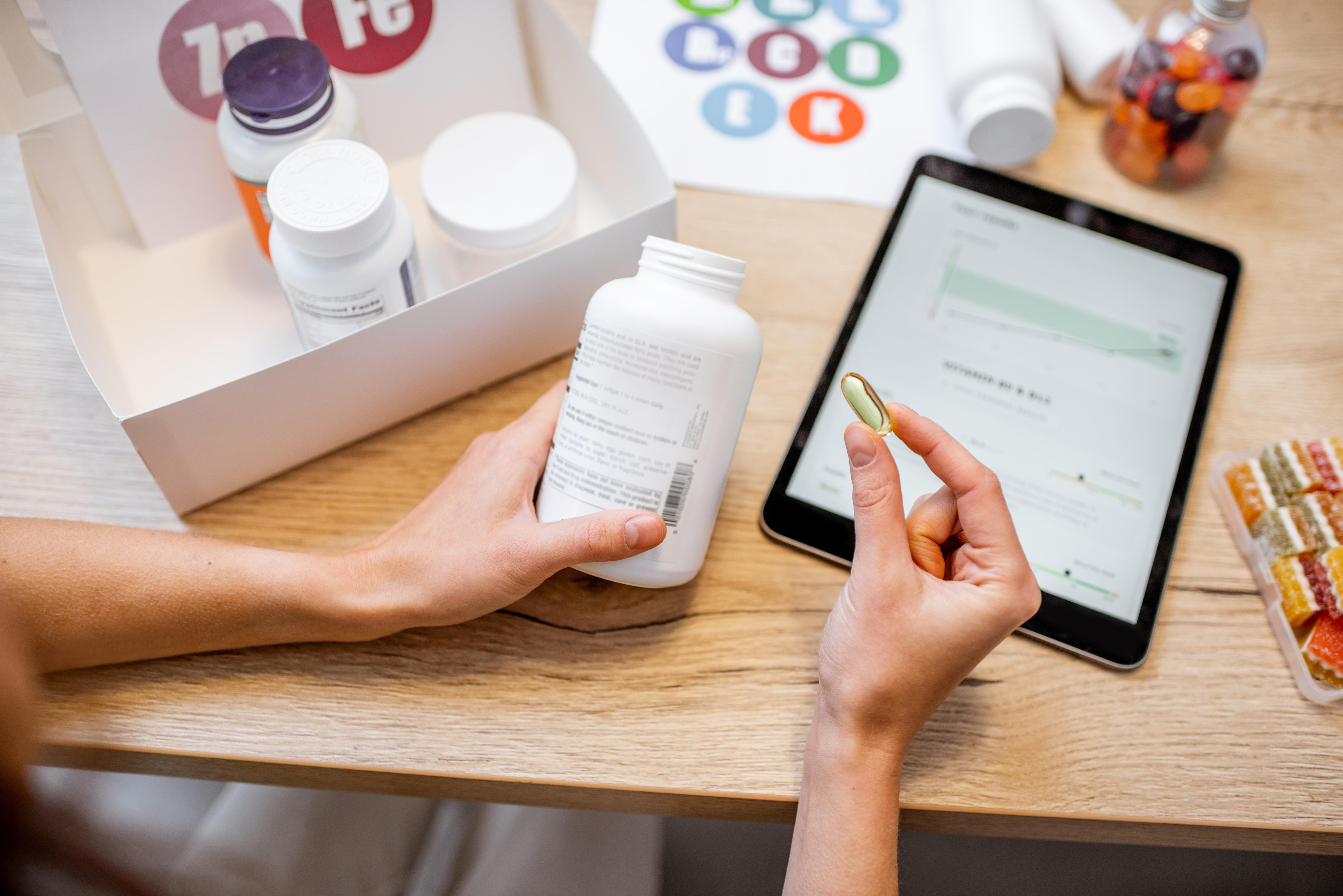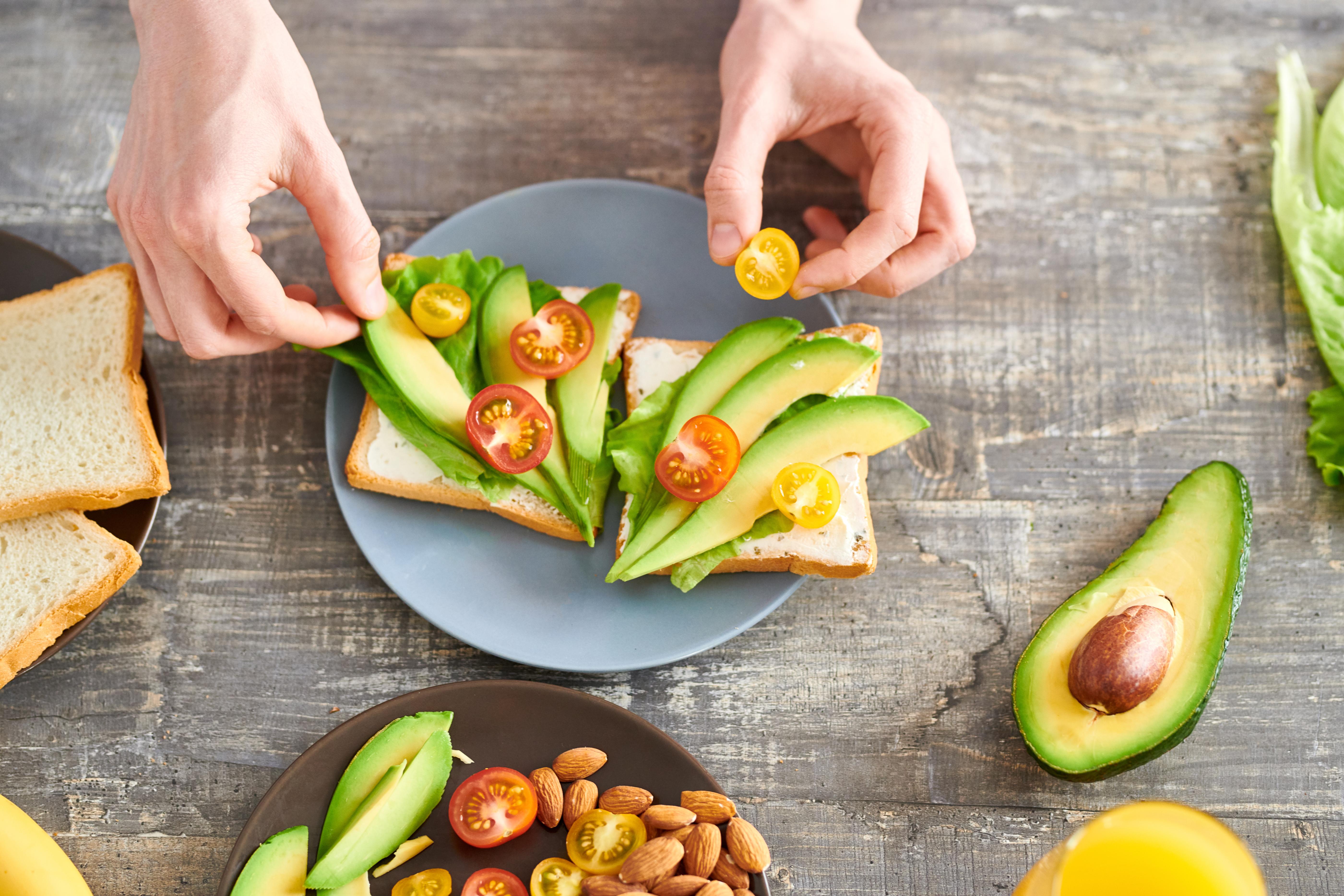11 Healthy Habits That Unknowingly Raise Blood Pressure
In the pursuit of wellness, adopting healthy habits is often seen as a straightforward path to a better life. We are inundated with advice on diet, exercise, and lifestyle changes that promise improved health. However, what if some of these well-intentioned habits inadvertently affect our health in unexpected ways? Specifically, how might they influence our blood pressure? While the benefits of healthy habits are undeniable, there is a nuanced reality where certain practices, when not properly managed, can silently elevate blood pressure. This article delves into 11 such habits, offering insights into their potential impacts and providing guidance on how to maintain balance. As we explore these habits, it becomes clear that the relationship between lifestyle choices and health outcomes is complex, requiring a thoughtful approach to truly optimize well-being.
1. Over-Exercising: When Fitness Backfires

Exercise is a cornerstone of a healthy lifestyle, celebrated for its myriad benefits, including cardiovascular health improvement. However, excessive exercise can paradoxically lead to elevated blood pressure. Intense physical activity increases adrenaline levels, which can cause temporary spikes in blood pressure. For those who consistently push their limits without adequate rest, this can become a chronic issue. Over-exercising can also lead to increased levels of cortisol, a stress hormone that contributes to hypertension. To mitigate these risks, it's crucial to balance high-intensity workouts with rest days and incorporate a variety of exercise types, including low-impact activities like yoga or walking, to ensure cardiovascular health without overburdening the body.
2. High-Protein Diets: The Silent Sodium Culprit

High-protein diets have gained popularity for their weight loss benefits and muscle-building properties. However, they can also inadvertently increase blood pressure due to hidden sodium content in protein-rich foods, particularly processed meats and protein supplements. Excessive sodium intake is a well-known risk factor for hypertension. Additionally, high-protein diets often lead to a reduced intake of fruits and vegetables, which are essential for maintaining potassium levels that help regulate blood pressure. To prevent this, individuals should focus on incorporating lean proteins like fish and poultry, while ensuring a balanced intake of potassium-rich foods to counteract sodium's effects.
3. Stress Management Techniques: The Double-Edged Sword

Stress management is crucial for overall health, yet some techniques might inadvertently raise blood pressure. Practices like meditation and deep breathing are generally beneficial, but others, such as competitive sports or high-stakes hobbies, can be stress-inducing rather than relieving. The body's response to stress involves the release of hormones like cortisol and adrenaline, which can increase heart rate and blood pressure. It's important to choose stress management techniques that genuinely relax the body and mind. Activities such as tai chi, gentle yoga, or even leisurely walks in nature can provide stress relief without the unintended consequence of elevated blood pressure.
4. Caffeine Consumption: Beyond the Morning Boost

Caffeine is a widely consumed stimulant, often used to enhance focus and energy. While moderate consumption is generally safe, excessive intake can lead to increased blood pressure. Caffeine stimulates the central nervous system, raising heart rate and causing blood vessels to constrict, which can lead to temporary spikes in blood pressure. For habitual caffeine consumers, this effect can become more pronounced. It's essential to monitor caffeine intake, especially from sources like coffee, energy drinks, and certain medications. Opting for decaffeinated versions or herbal teas can help manage caffeine levels and maintain stable blood pressure.
5. Salt Substitutes: A Hidden Hypertension Hazard

In an effort to reduce sodium intake, many people turn to salt substitutes. While these alternatives can be beneficial, they often contain potassium chloride, which can pose risks for individuals with kidney issues or those on certain medications. High potassium levels can lead to hyperkalemia, which affects heart function and blood pressure. It's important to use salt substitutes cautiously and consult with a healthcare provider if there are any underlying health conditions. Balancing the use of salt substitutes with natural herbs and spices can enhance flavor without compromising blood pressure control.
6. Alcohol Consumption: Moderation is Key

Alcohol is often consumed for social enjoyment and has been associated with certain health benefits when consumed in moderation. However, excessive alcohol intake is a significant risk factor for hypertension. Alcohol can interfere with the effectiveness of blood pressure medications and lead to weight gain, another contributor to high blood pressure. Even moderate drinking can cause temporary spikes in blood pressure, especially in sensitive individuals. To maintain heart health, it's crucial to adhere to recommended guidelines for alcohol consumption and consider alcohol-free days to give the body time to recover.
7. Weight Loss Supplements: Unseen Effects on Blood Pressure

The quest for quick weight loss often leads individuals to try supplements that promise rapid results. However, many of these products contain stimulants like caffeine or ephedra, which can increase heart rate and blood pressure. Even natural supplements can have unintended interactions with medications or exacerbate existing health conditions. It's vital to approach weight loss supplements with caution and prioritize natural weight loss methods through diet and exercise. Consulting with a healthcare provider before starting any supplement regimen is essential to ensure it aligns with overall health goals and does not negatively impact blood pressure.
8. Sleep Patterns: The Hypertension Connection

Sleep is a critical component of health, yet irregular sleep patterns can contribute to elevated blood pressure. Poor sleep quality or insufficient sleep increases stress hormones, leading to hypertension. Sleep apnea, a common disorder, is also linked to high blood pressure due to interrupted breathing patterns. Establishing a consistent sleep schedule and creating a restful environment can significantly improve sleep quality and reduce hypertension risk. Practices such as limiting screen time before bed, maintaining a cool, dark room, and engaging in relaxing pre-sleep rituals can enhance sleep and promote cardiovascular health.
9. Hydration Habits: The Balance of Fluids

Staying hydrated is essential for health, but excessive fluid intake can strain the kidneys and lead to increased blood pressure. Overhydration can cause an imbalance in electrolytes, affecting heart function and blood pressure regulation. Conversely, dehydration can also raise blood pressure by causing blood vessels to constrict. It's crucial to find a balance by drinking adequate amounts of water throughout the day, considering factors such as activity level, climate, and individual health needs. Monitoring urine color can be a simple way to gauge hydration status and ensure a balance that supports cardiovascular health.
10. Vegan and Vegetarian Diets: Nutrient Considerations

Adopting a plant-based diet offers numerous health benefits, yet it requires careful planning to avoid nutrient deficiencies that can affect blood pressure. Vegans and vegetarians may lack essential nutrients like vitamin B12, iron, and omega-3 fatty acids, which play roles in heart health. Additionally, some plant-based foods are high in sodium, which can contribute to hypertension. To maintain a balanced diet, it's important to include a variety of whole foods, fortified products, and possibly supplements to ensure adequate nutrient intake. Consulting with a nutritionist can help tailor a plant-based diet that supports optimal blood pressure levels.
11. Mindful Eating: The Impact of Meal Timing

Mindful eating emphasizes awareness and enjoyment of food, but irregular meal timing can affect blood pressure. Skipping meals or eating at inconsistent times can lead to fluctuations in blood sugar levels, which can influence blood pressure. Additionally, late-night eating can disrupt sleep patterns and contribute to hypertension. Establishing regular meal times and focusing on balanced meals can stabilize blood sugar and support healthy blood pressure levels. Incorporating practices like eating slowly and savoring each bite can enhance the benefits of mindful eating while minimizing its potential drawbacks.
Navigating Healthy Habits with Awareness

The journey to better health is paved with good intentions, but it's essential to navigate this path with awareness and discernment. While adopting healthy habits is crucial for well-being, understanding their potential impacts on blood pressure is equally important. By balancing exercise, diet, stress management, and other lifestyle factors, individuals can optimize their health without inadvertently increasing their risk of hypertension. This exploration highlights the importance of personalized health strategies and the need for ongoing education and adaptation. With a mindful approach, it's possible to harness the full benefits of healthy habits while maintaining optimal blood pressure and overall health.